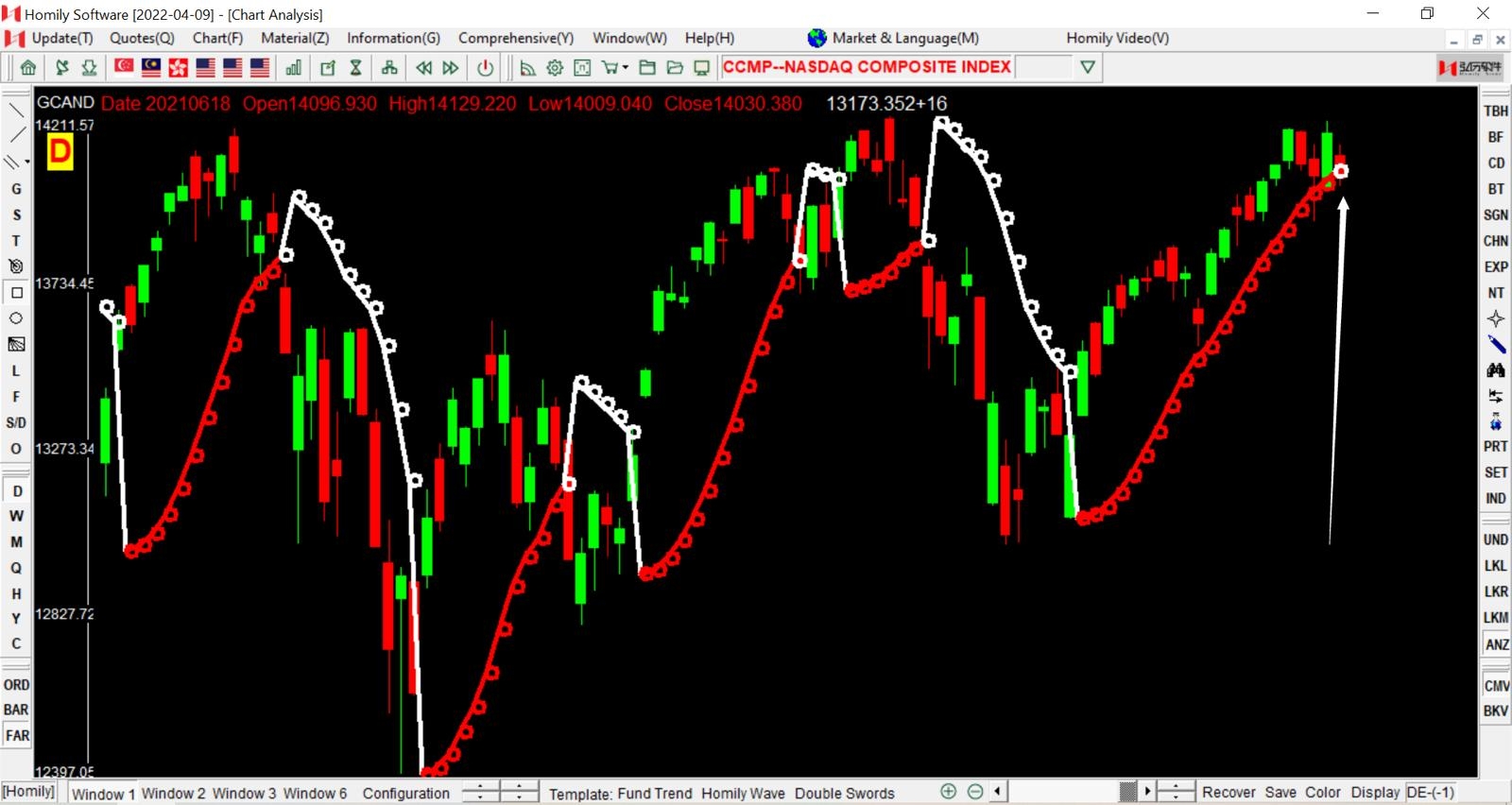
jummpy
暂无个人介绍
IP属地:未知
101关注
1粉丝
0主题
0勋章
Omg
抱歉,原内容已删除
Late st
抱歉,原内容已删除
Planes
抱歉,原内容已删除
Take money
抱歉,原内容已删除
Tesla
抱歉,原内容已删除
Telsla
抱歉,原内容已删除
Good
抱歉,原内容已删除
Interesting.
抱歉,原内容已删除
Comment n like
抱歉,原内容已删除
Like
抱歉,原内容已删除
Ok
抱歉,原内容已删除
Like
抱歉,原内容已删除
Like pls
抱歉,原内容已删除
Good
抱歉,原内容已删除
Xpev
抱歉,原内容已删除
Flat
抱歉,原内容已删除
IPO
抱歉,原内容已删除
Latest
抱歉,原内容已删除
Not all raised
抱歉,原内容已删除
Yes
抱歉,原内容已删除
去老虎APP查看更多动态